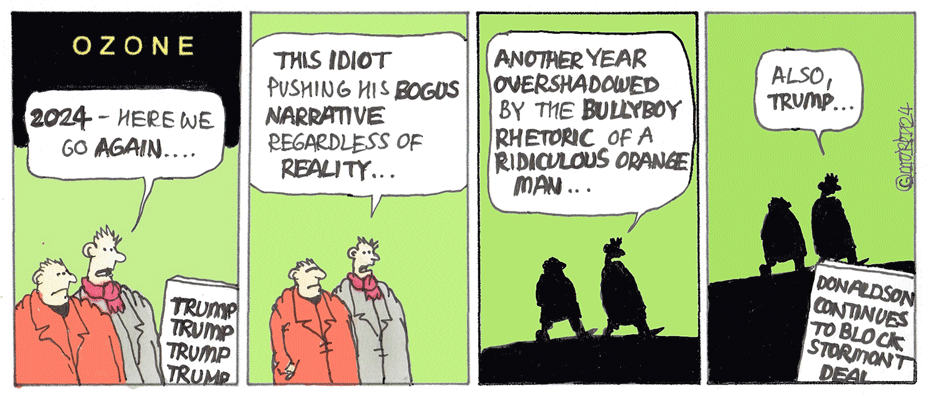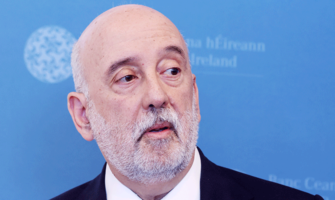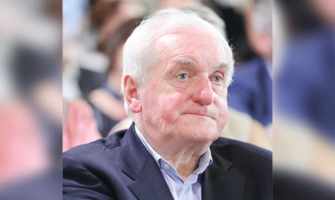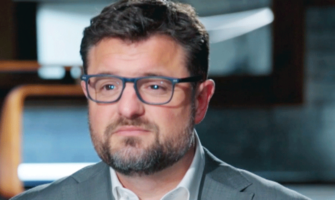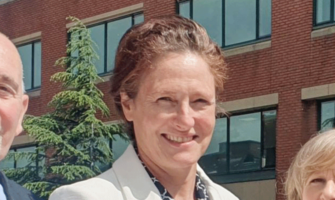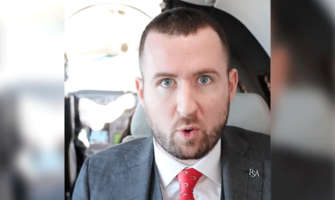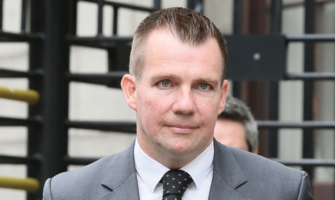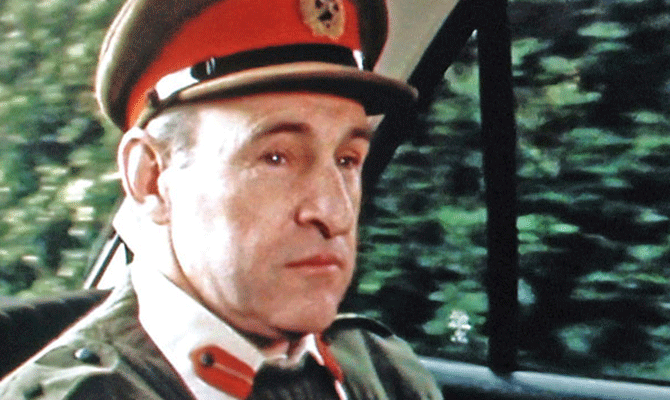
Brigadier Frank Kitson
COL DEREK WILFORD, the commander of 1 Para in Northern Ireland in 1972, died last November. His former superior, Brigadier (later, General) Sir Frank Kitson, passed away earlier this month. Both men brought secrets about Bloody Sunday with them to the grave. ‘Soldier F’, formerly of 1 Para, may now be the only living witness who knows precisely what spurred him and his comrades to murder 13 unarmed civilians in Derry on January 30, 1972.
Soldier F revealed that, shortly before the massacre, he and Soldier G received a visit from Wilford at the Presbyterian Church, adjacent to the Bogside, while they were waiting to deploy. In 1972 in a statement to the Widgery tribunal, Soldier F said it “was a bit unusual for [Wilford] to come around like this”.
Lord Saville concluded in his 2010 report that the soldiers spun out of control for no apparent reason. He ignored the possibility that they were acting in accordance with a plan to provoke the IRA to come out all guns blazing and provide 1 Para with an excuse to invade ‘Free Derry’. This is exactly the type of operation in which Kitson, the British Army’s counter-insurgency guru, specialised. Derek Wilford reported to Kitson, who was his immediate superior.
The British Army was in receipt of deceitful information that IRA auxiliaries were lined up to attack British soldiers if they encroached upon ‘Free Derry’. The top brass and MI5 believed the information was reliable. In reality, the IRA had resolved not to engage with the army that day.
In July 1971, 1 Para had attempted to provoke the IRA in Derry into battle during Operation Hailstone but the IRA had not taken the bait. In retirement, Wilford hinted that the Bloody Sunday plan was a second attempt to provoke the IRA to come out fighting on the streets. If so, what he said to soldiers F and G at the Presbyterian Church was crucial.
Soldier G died in South Africa in the 1980s fighting for the pro-Apartheid regime there. Now, with Derek Wilford gone, only Soldier F has first-hand knowledge about whether Wilford ordered him to shoot at civilians to apply maximum pressure on the IRA to respond.
General Sir Michael Jackson, the former head of the British Army, who served as an aide to Derek Wilford, let slip in his memoirs that Kitson “offered a trenchant comment” to Wilford after he spoke to him upon his return to Belfast: “What I don’t understand is why, having got that far in, you didn’t go on and sort the whole bloody mess out.”
